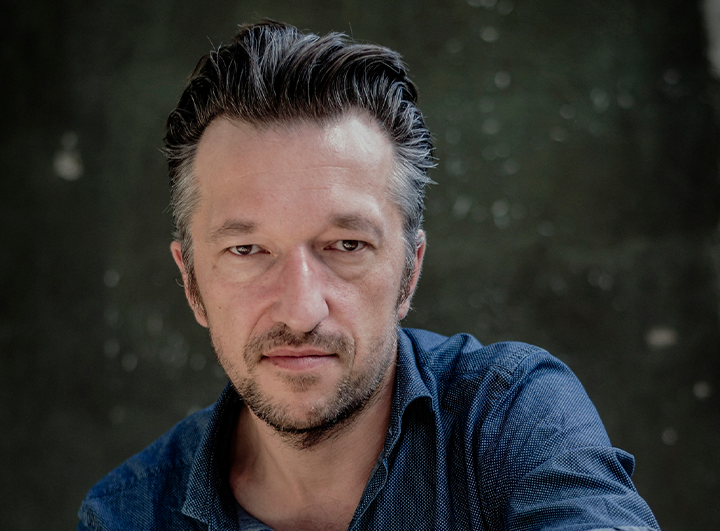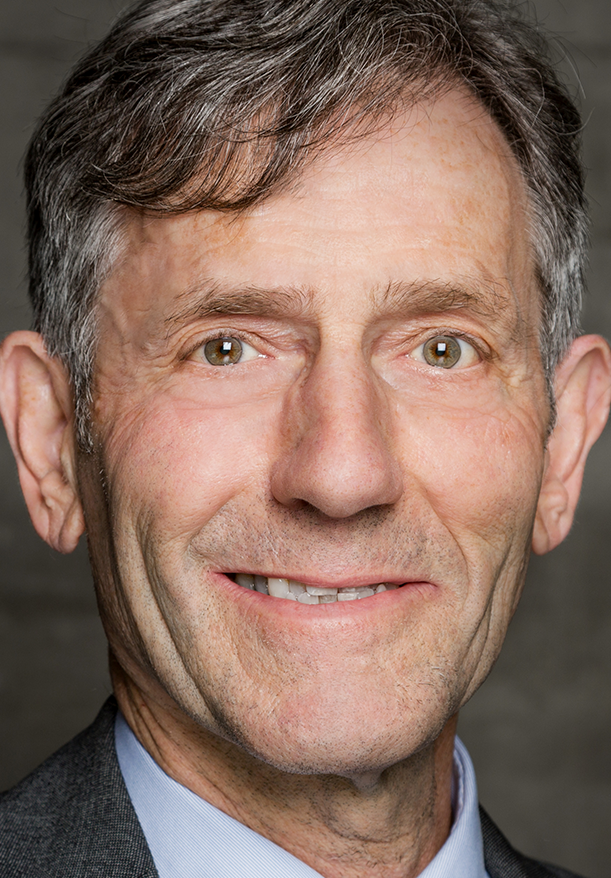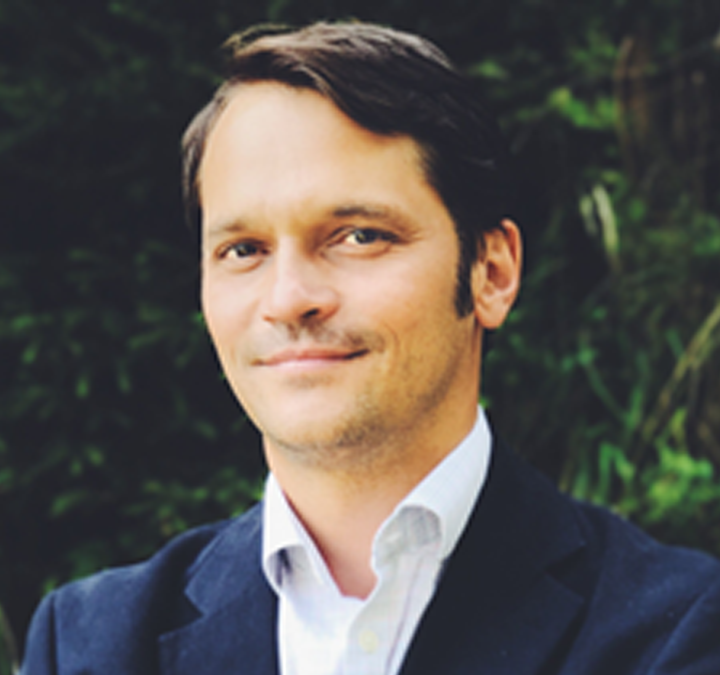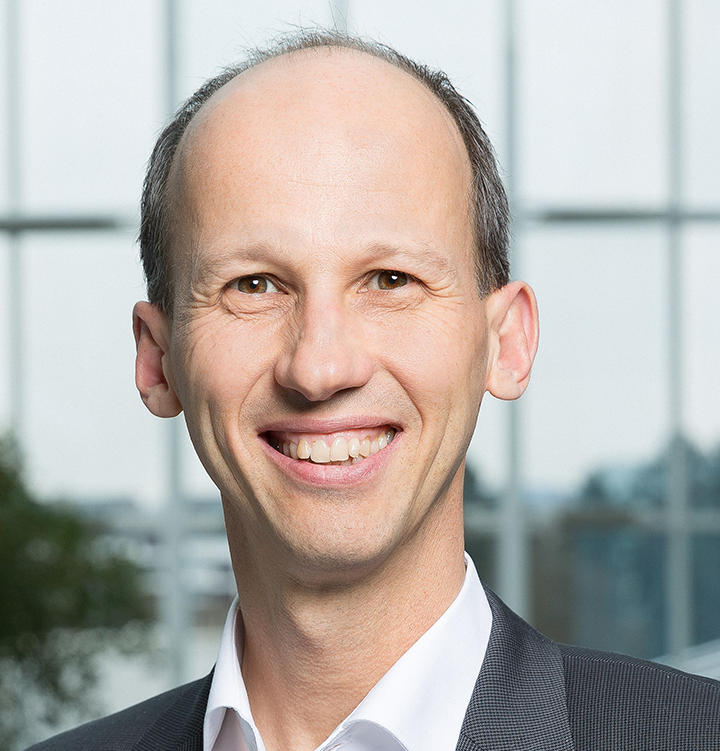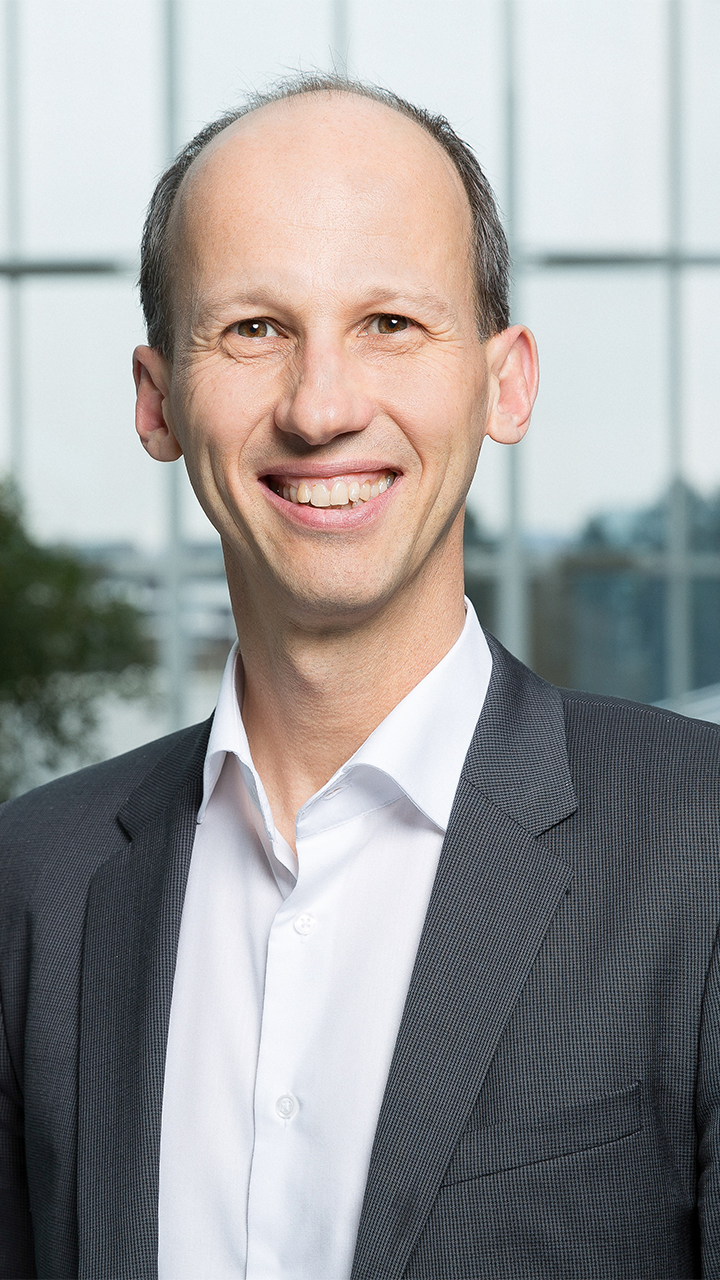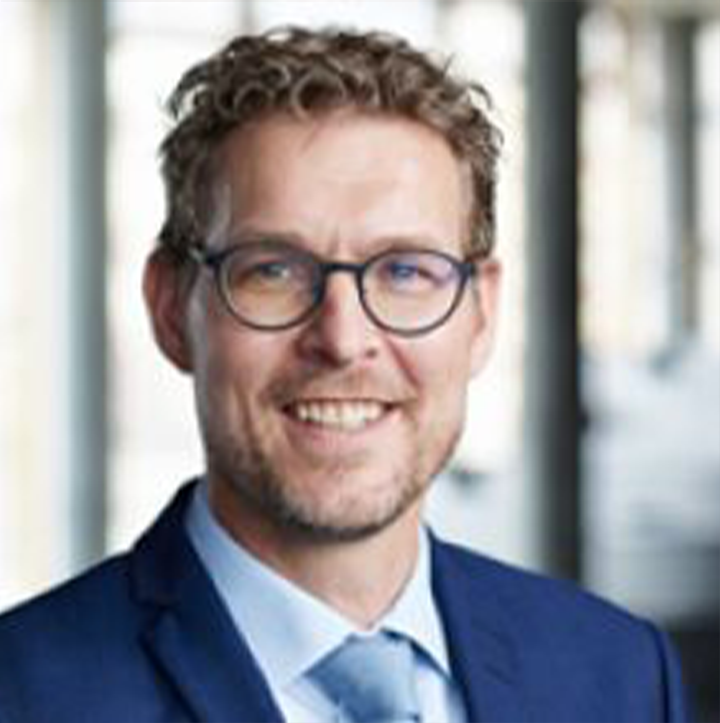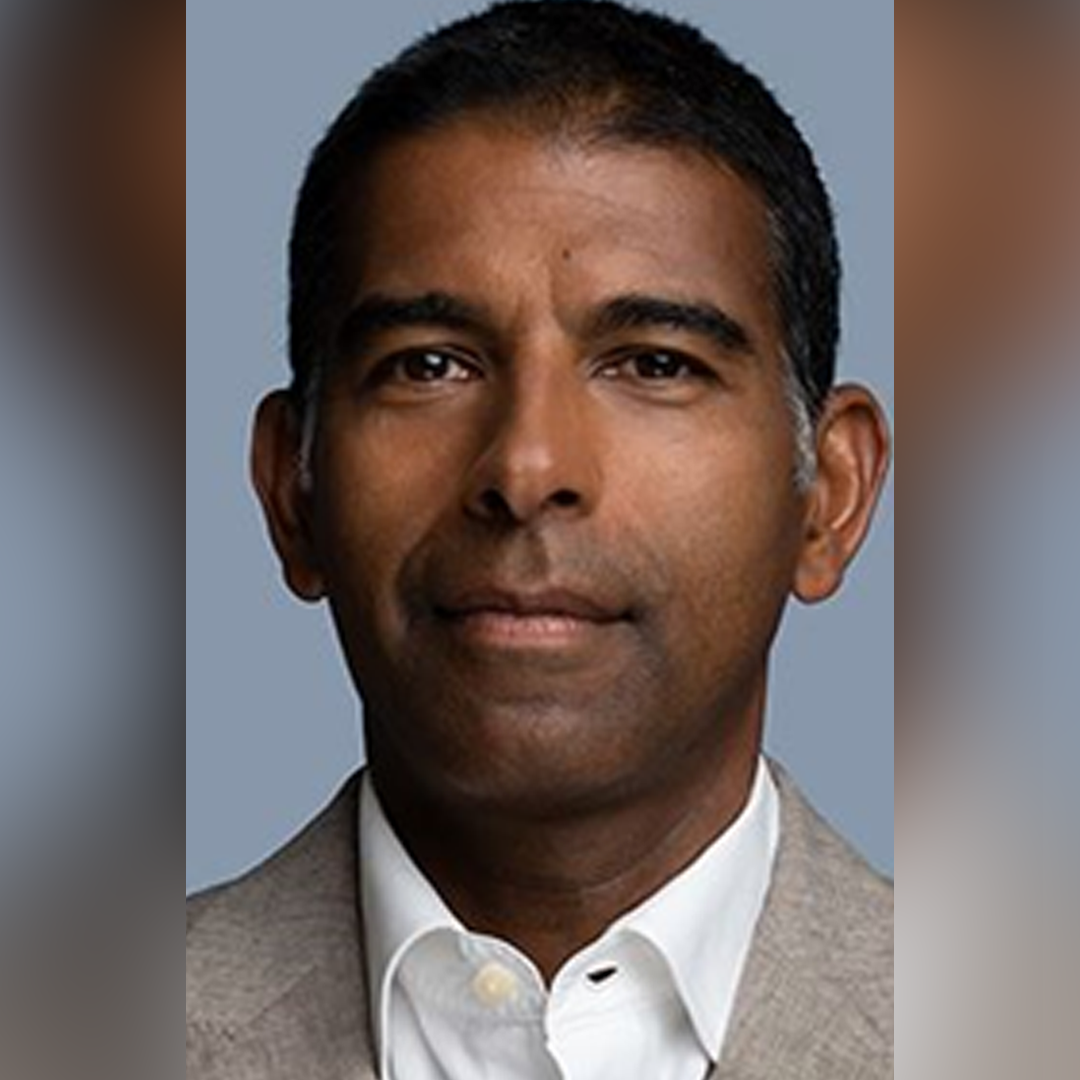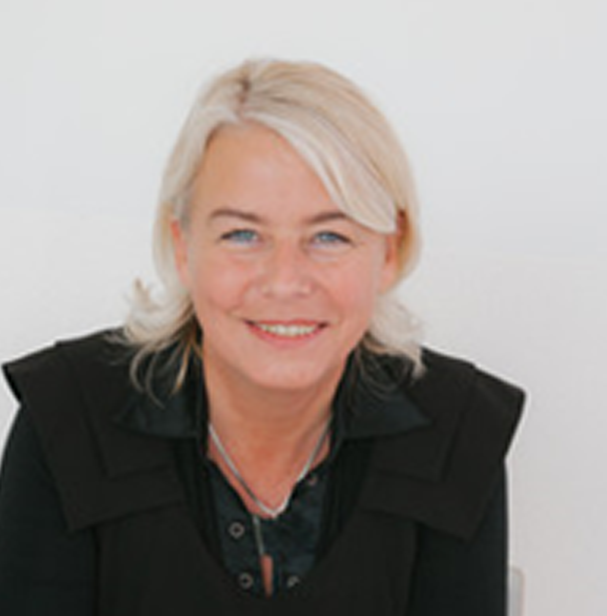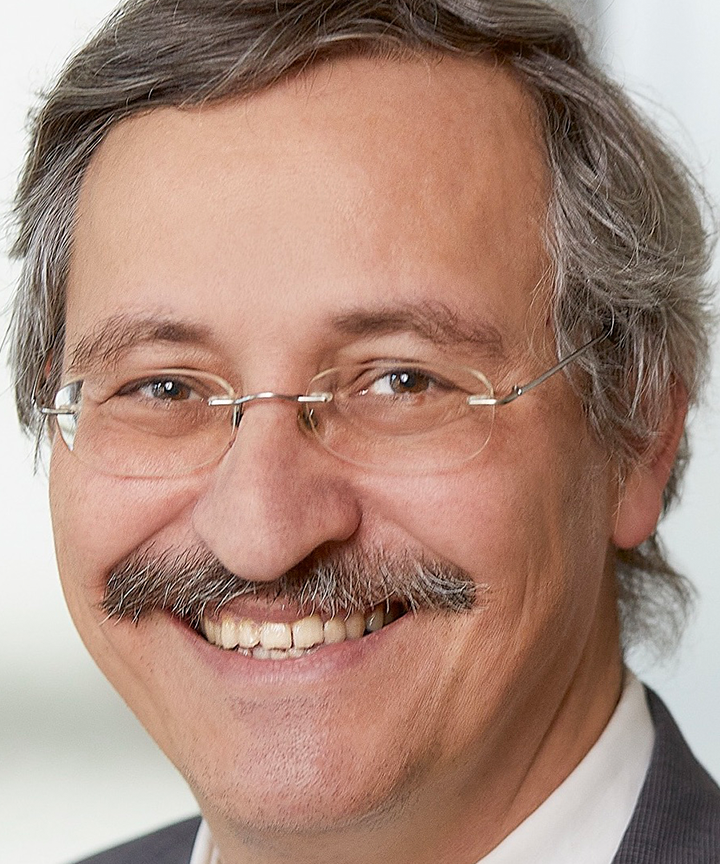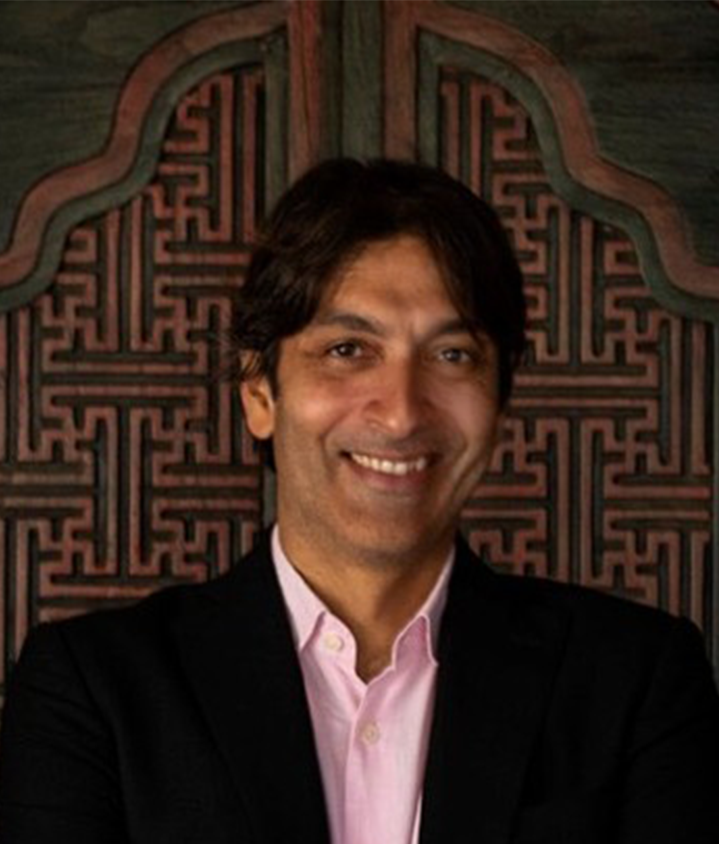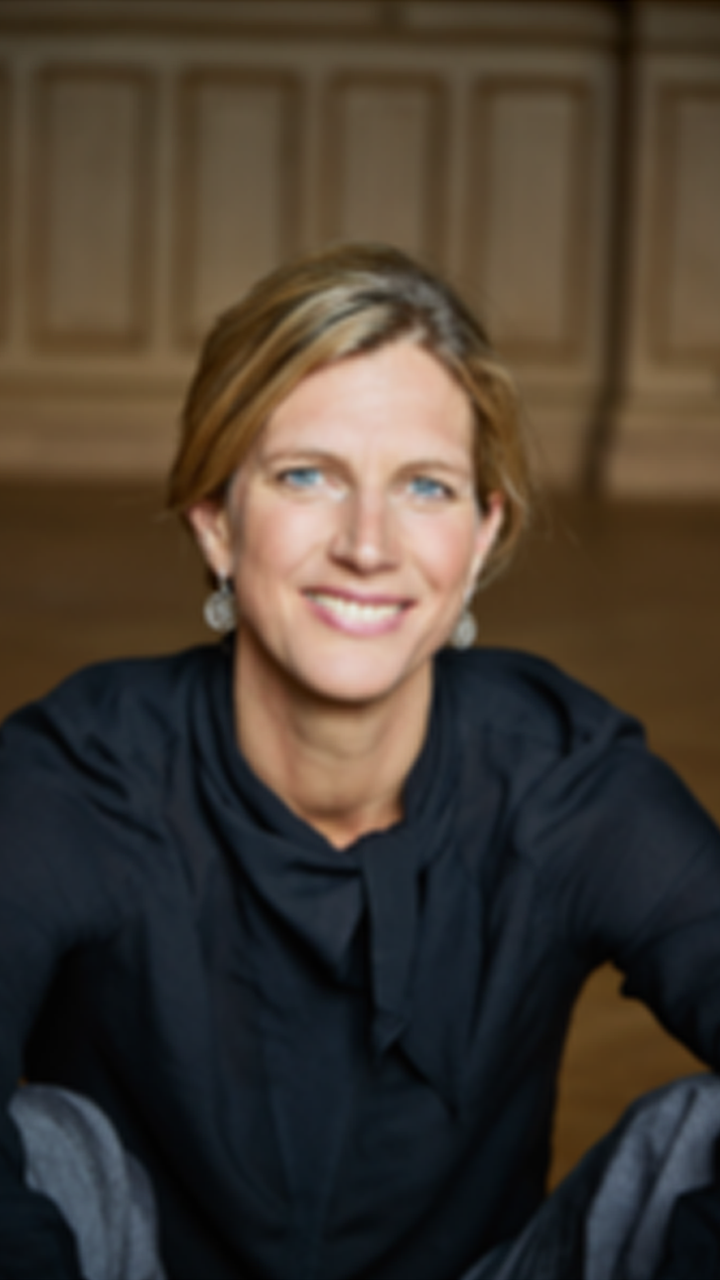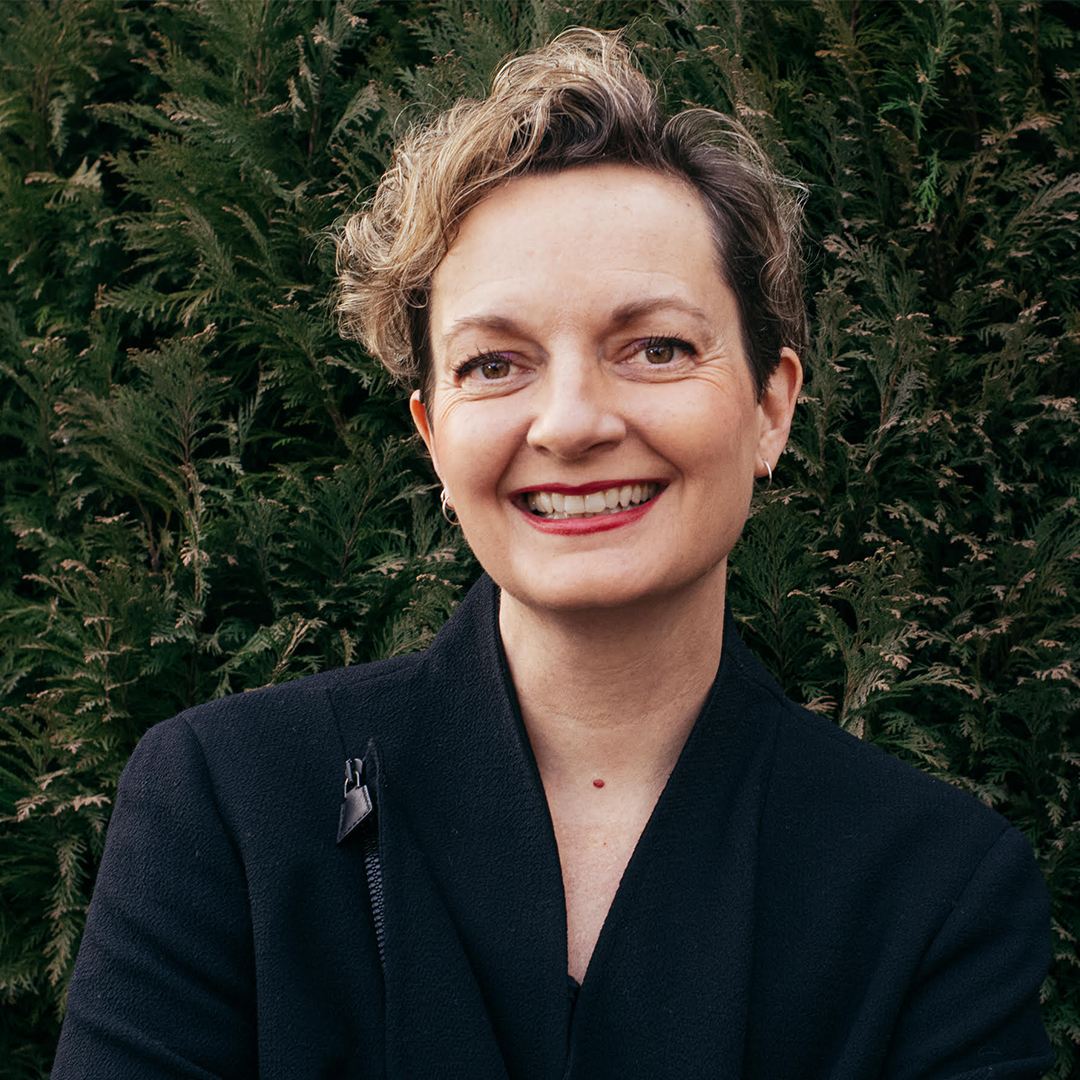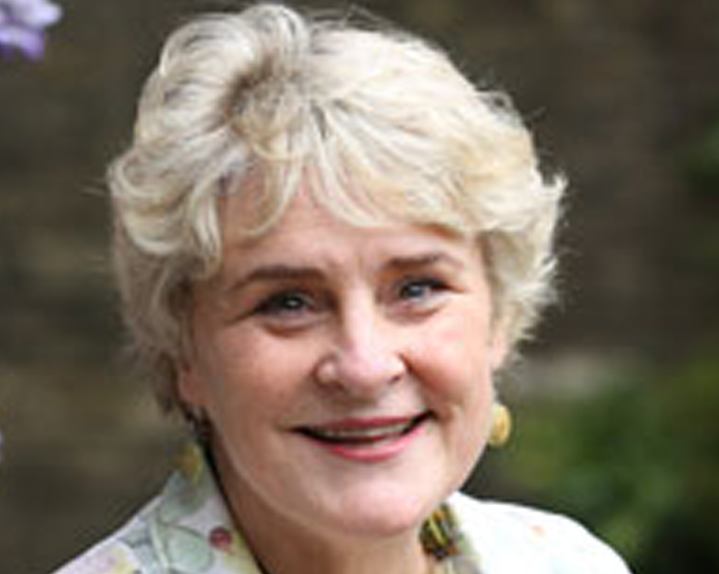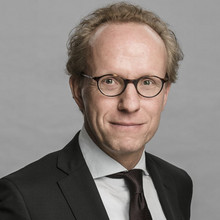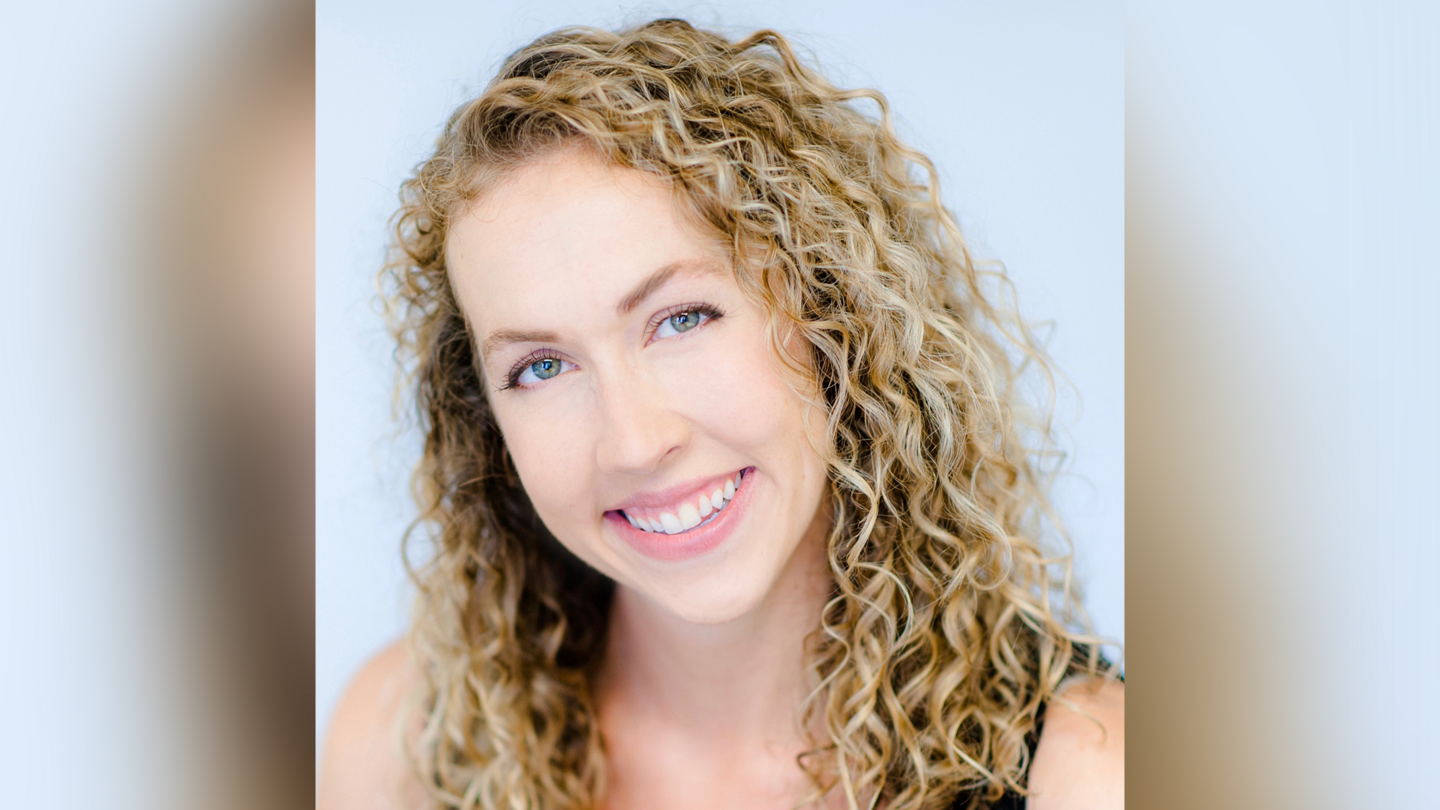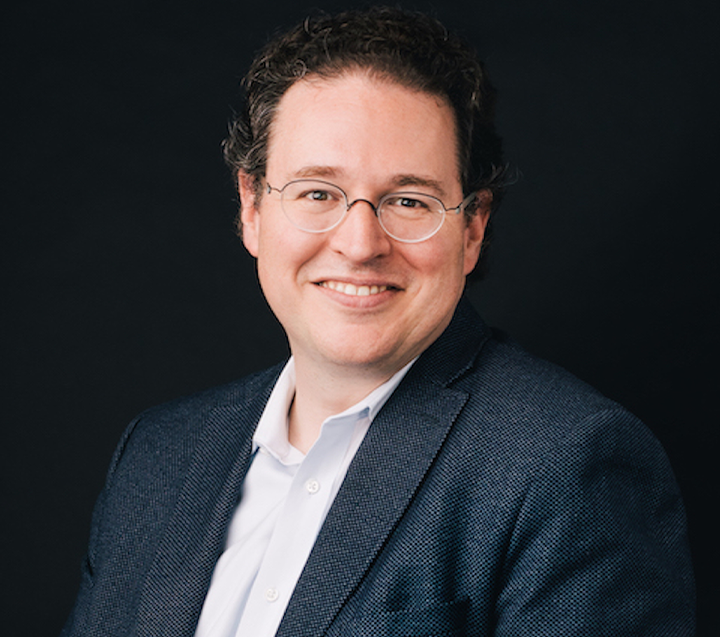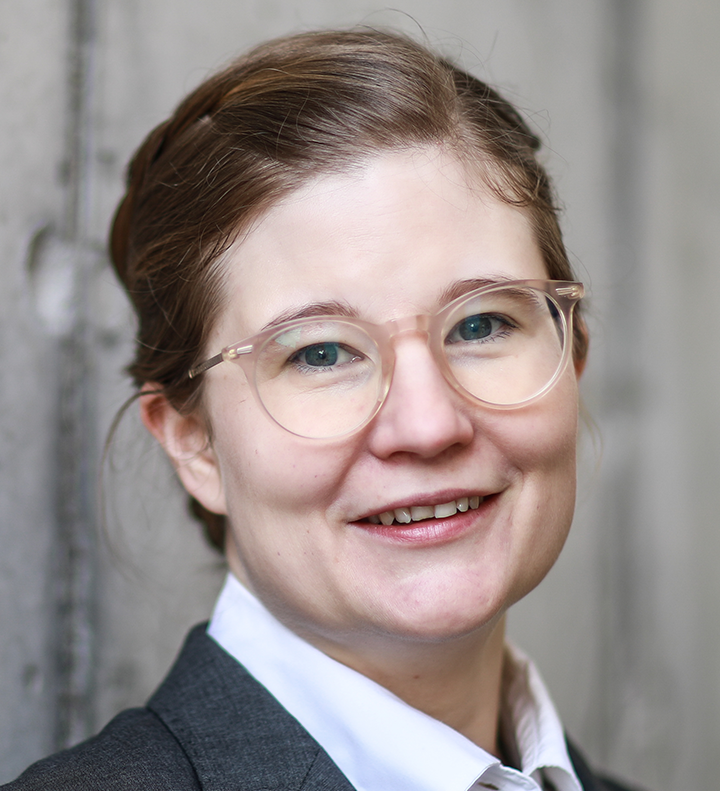Congresses and Conferences
International Symposium: "Universities in an Age of Uncertainty"
To what extent can universities best prepare their students for future societal, financial and environmental challenges? Together with thought leaders and influential personalities, top-class international speakers as well as our students and guests, we will discuss different questions about the future role of universities and the further development of learning and teaching.

|
Date
Fri. 15.09.2023 |
Time
09:00 - 18:00 |
Speaker
Various (see event description) |
|
Location
University of St.Gallen |
Price
|
Calendar
|
Register here for the International Symposium at the University of St.Gallen on 15 September 2023. Part of the full-day symposium are afternoon workshops in which the topics of the day are taken up again with a specific focus. By registering for one of the workshops, you register for the whole day.
Register now
Password: 1898-HSG-2023
Programme
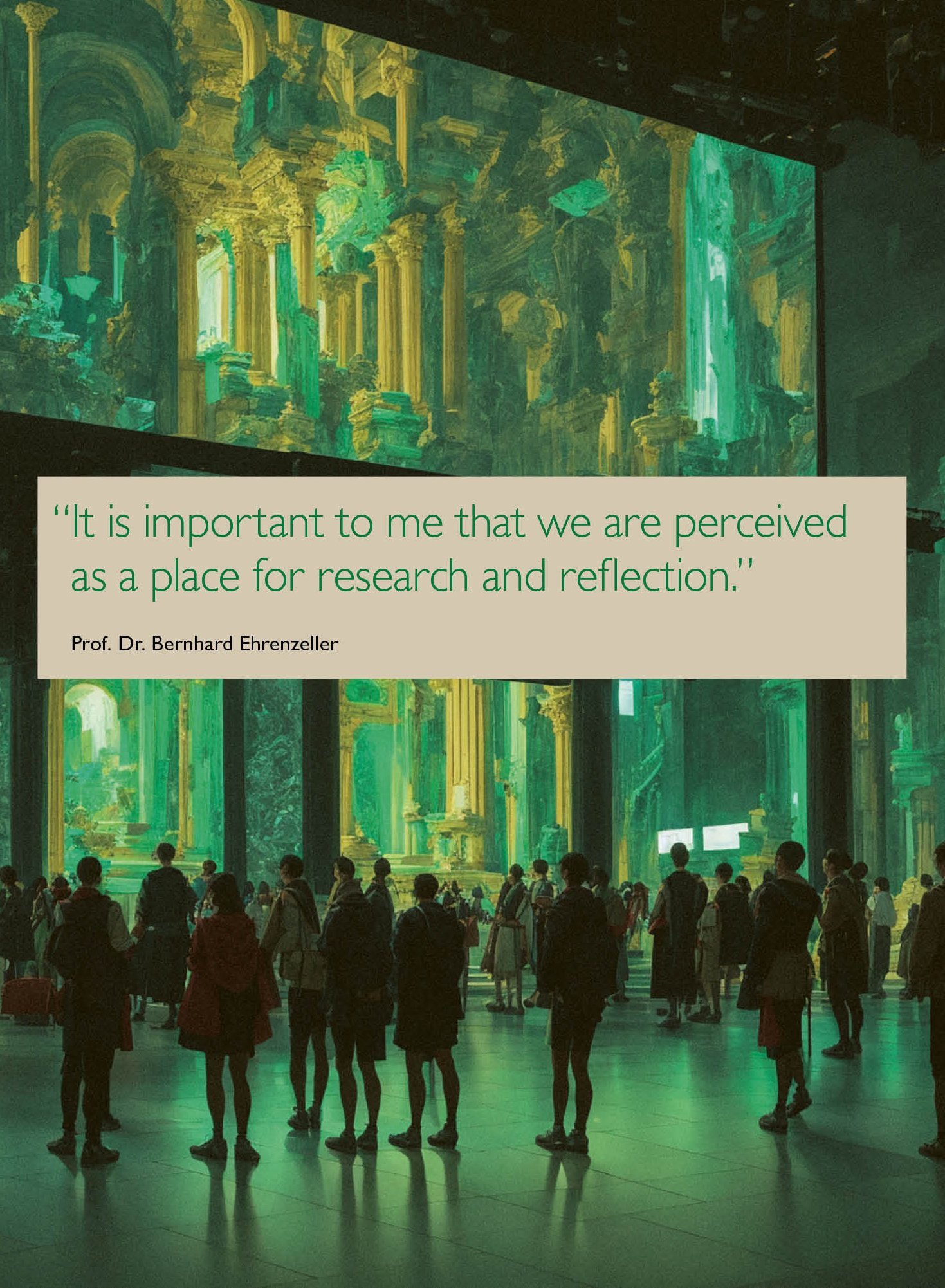
09:30-10:30
Audimax
Welcome Notes: Philippe Narval
Artistic Intervention: Lukas Bärfuss
Official Opening by Prof. Dr. Bernhard Ehrenzeller
Society in Times of Upheaval
We are witnessing increasing societal polarisation and the rise of inequality. Social cohesion seems under threat. How should institutions of higher learning respond to these challenges? What can we learn from outliers in the field?
Keynote: “The future of Universities” by Prof. Dr. Oliver Gassmann
10:30-11:00 Break
11:00-13:00
Audimax
The Future of Universities
Europe is confronted with challenges not seen for decades. What does this mean for universities? How do they have to change to best prepare the next generation for an age of uncertainty and how can they maintain their competitive edge globally?
Moderation: Karan Khemka
Round table
- Prof. Dr. Oliver Gassmann
- Prof. Dr. Edeltraud Hanappi-Egger
- Prof. Dr. Daniel Traça
- Prof. Dr. Michael O. Hengartner
- Prof. Dr. Nikolaj Malchow-Møller
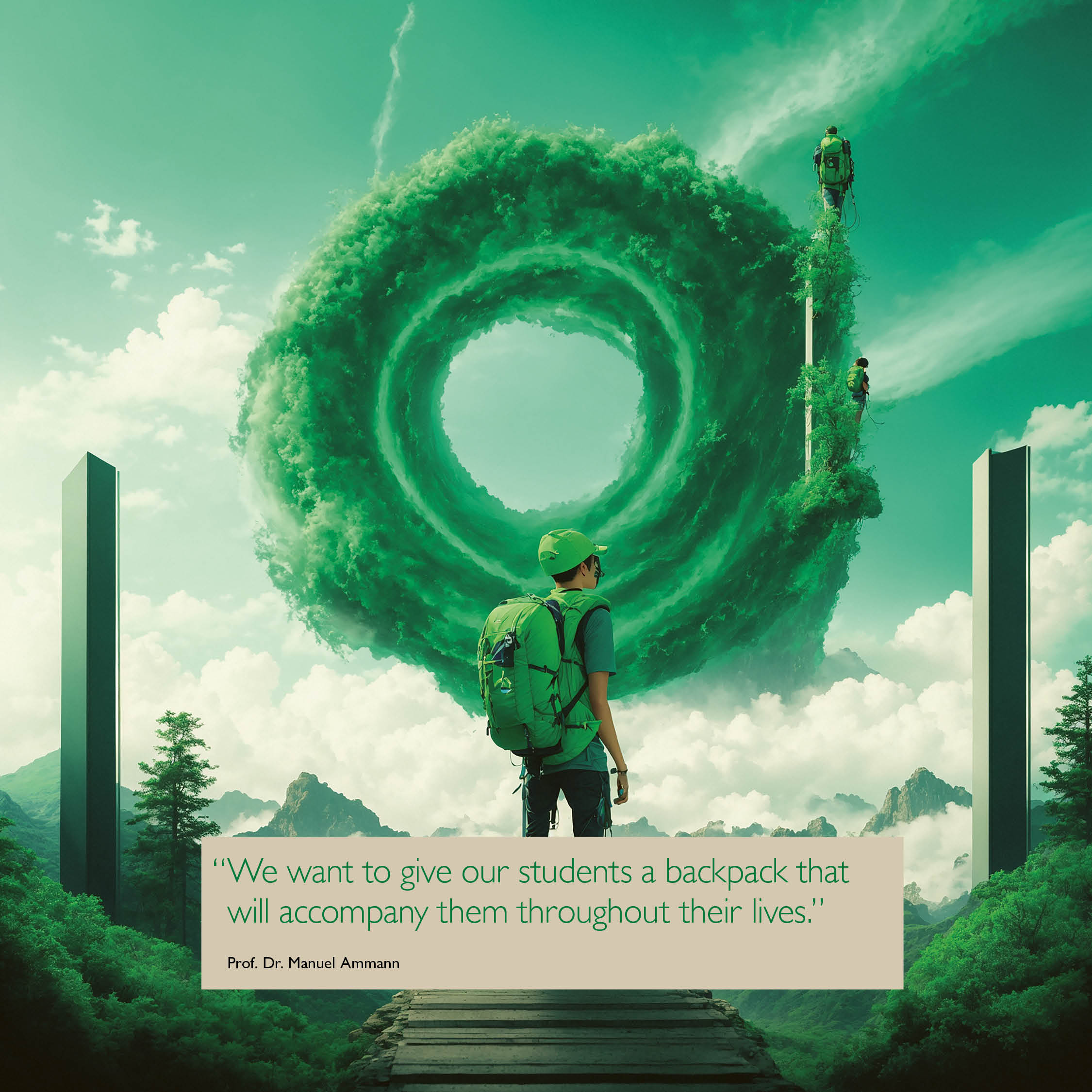
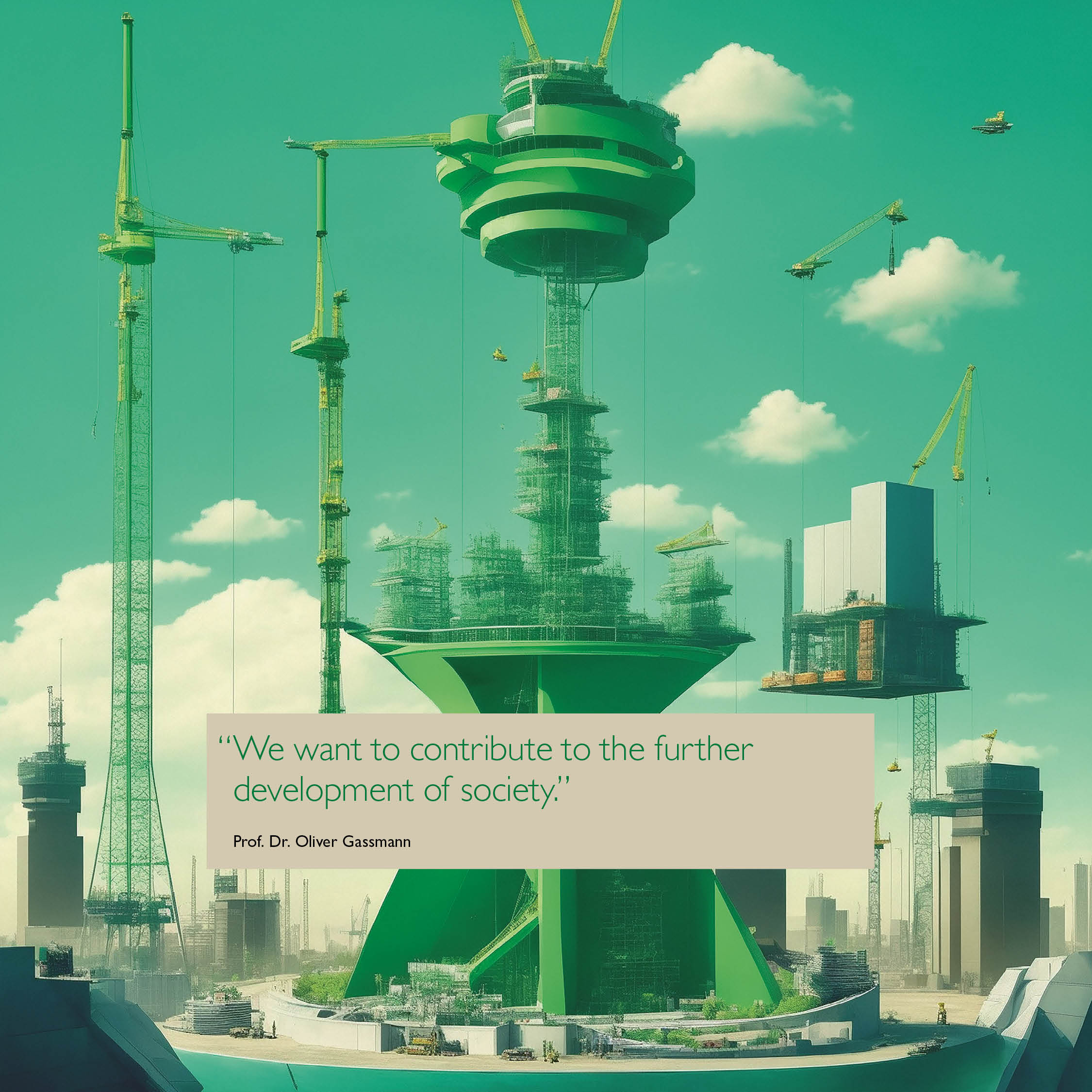
13:00-14:00 Lunch
14:00-16:30
Workshop Sessions at SQUARE (inkl. Coffee Break)
The present is the place where the future is shaped. As educational institutions, universities are socially central places to deal with a future under uncertainty and to shape it through university teaching and learning. For this reason, the University of St.Gallen is organising workshops in the afternoon of the International Symposium, which will bring together interdisciplinary perspectives on the close relationship between the place for research and reflection, entrepreneurship and community. The aim of the workshops is to show the extent to which the future is being created by and with universities despite uncertainty, what role the University of St.Gallen plays in this context with its researches and what synergies arise for society through participation and joint debate.
More info on the speakers
#1 Digital Learning – Beyond the hype
Digital learning – even more so since the covid pandemic – is emerging as a real asset for education. Nevertheless, many universities seem reluctant to fully embrace the potential of digital learning and teaching. Beyond a possible hype, on the one hand, and unfounded fears, on the other hand: where does the true potential lie and where are the possible pitfalls when it comes to implementing digital learning at universities? How can a university make courses and teaching more interactive, engaging and more effective than traditional face-to-face courses? The founder of the world`s “most innovative university” and the President of the St.Gallen University Student Union will contribute their ideas and vision to this interactive workshop.
- Ben Nelson (Founder and CEO, Minerva Project; Founder and Chancellor, Minerva University)
- Philippe Narval (Director SQUARE)
- Ann Sevray (President of the Student Union)
#2 Re-thinking the future of learning
Interdisciplinarity promotes networked thinking. For this reason, the University of St.Gallen aims to provide its students with an interdisciplinary education in addition to a subject-specific one. This involves fostering independent and critical thinking that releases potential of young people, thus enabling them to deal with the complexities of our age and to act as responsible leaders of tomorrow. How can our university safeguard this approach and what is hampering interdisciplinary teaching and learning?
- Prof. Dr. Naomi Haefner (Assistant Professor of Technology Management, University of St.Gallen)
- Marisa Andrich (Masterstudent in Marketing Management, University of St.Gallen)
- Prof. Dr. Maja Göpel (German political economist, transformation researcher, sustainability expert and social scientist)
#3 The university of the 21st century and a thriving life
Life at a university can be shaped and is full of preconditions. For this reason, this workshop will begin with a brief overview of what we consider to be essential prerequisites for shaping a university that prioritise a thriving life. How can we prepare our students for the fundamental uncertainty we face in an age of societal, ecological, and technological disruptions? How can students acquire the practical wisdom to promote their own good, the prosperity and well-being of others, and contribute to the common good of society? These and other questions will be discussed in a world café style setting.
- Prof. Dr. Antoinette Weibel (Professor for Human Resource Management, University of St.Gallen)
- Prof. Dr. Bernadette Dilger (Professor of Business Education and Director of the Institute for Business Education, University of St.Gallen)
- Prof. Dr. Martin Kolmar (Professor of Economics with a focus on applied microeconomics, University of St.Gallen)
#4 Generative AI and the impact of artificial intelligence
The consequences of the technological breakthrough of large language models such as ChatGPT are a particular challenge for teaching and corporate practice. The University of St.Gallen is following events with interest and is putting forward for discussion the question as to whether and to what extent a reflexive approach to AI tools such as ChatGPT will be one of the essential requirements in studies and professional life in the future. And what are the critical pedagogical implications for artificial intelligence and university teaching?
- Veronica Barassi (Professor in Media and Communication Studies, Chair of Media and Culture and Co-Director of the MCM Institute, University of St.Gallen)
- Siegfried Handschuh (Professor for Data Science, University of St.Gallen)
- Michael Hochhauser (Masterstudent in Accounting and Finance, University of St.Gallen)
#5 Reimagining universities
Society(ies) is/are subject to permanent change, currently at a peak level on account of facing multiple substantial transformations (from energy systems to digital frameworks, consumption practices to migration politics). In this context, the university as a space of critical dialogue can and must be a place of encounter and discussion on how change can be confronted, what potential it reveals and what different aspects it entails for the communities involved in (more or less) transformative developments. This workshop will therefore explore at a very pragmatic level – including theoretical foundations,
teaching philosophy, curricular changes and connections to city and society – how the crucial role of the university as an agent of change can be enhanced. The discussion will revolve around questions such as to what extent the university of the future must be connected with the regional public sphere? And how it can be rethought and reimagined fundamentally while retaining an awareness of its past?
- Prof. Dr. Jörg Metelmann (Associate Professor of Cultural and Media Studies, University of St.Gallen)
- Dr. Niklaus Reichle (Sociologist and cultural practitioner, University of St.Gallen)
- Prof. Dr. Ulrike Landfester (Professor of German Language and Literature, University of St.Gallen)
- Dr. Rolf Bossart (Publicist, teacher of religious studies)
#6 Envisioning "strong sustainability"
The model of "strong sustainability" assumes that social sustainability cannot be separated from ecology and the economy. In this spirit, universities can be places of dialogue to best link environmental and social issues in higher education. Therefore this workshop will discuss the extent to which issues of social inequality, equality and discrimination, which have been examined for decades in gender studies, intersectionality studies and critical diversity studies, can be taken up transdisciplinarily and linked to issues of climate change and the environment in the context of the UN Agenda 2030.
- Prof. Dr. Christa Binswanger (Professor of Department of Diversity & Inclusion, University of St.Gallen)
- Prof. Dr. Edeltraud Hanappi-Egger (Rector of Vienna University of Economics and Business)
- Prof. Dr. Christian Pohl (Professor of Department of Environmental Systems Science, ETH Zürich)
- Prof. Dr. Susan Thieme (Professor of Critical Sustainability Studies, Executive Director of the Institute of Geography, University of Bern)
#7 Fit for 2030: What vision? What impact? And how do we get there?
Today's societies are currently facing numerous environmental and social crises. In this context, business schools influence our thinking and the way our socioeconomic systems function. In addressing major challenges, you can play an important role through research, teaching and collaboration. Thus this workshop will discuss what contribution business schools could (and should?) make in this "decade of action." In doing so, various stakeholders within and outside the HSG ecosystem will briefly share their visions for an impactful future. Inspired by these prospects, we will host a world café to jointly develop and discuss concrete ways to make business schools fit for 2030.
- Prof. Dr. Dirk Lehmkuhl (Professor for Political Science and Dean of the School of Economics and Political Science, University of St.Gallen)
- Tobias Fehr-Bosshard (Co-Lead Innovation & PhD Candidate at the Competence Center for Social Innovation, University of St.Gallen)
- Prof. Dr. Clare Shine (Director and CEO of the Cambridge Institute for Sustainability Leadership (CISL), University of Cambridge)
- Dr. Elgin Brunner, Director Transformational Programmes and Member of the Executive Board at WWF Switzerland
- Dr. Jochen Andritzky. Co-Founder of Zukunft-Fabrik.2050, an initiative for long-term thinking, and lecturer at the Universitity of St.Gallen
- Lasse van Look is a student at HSG and the community developer for ECOnnect, a platform for community building and collaboration towards sustainable futures with a particular focus on student engagement
#8 The scavenger hunt: embracing uncertainty through the art of looking
Art allows us to engage with different perspectives and thereby enables us to embrace both diversity and uniqueness. This workshop is inspired by the practice of contemporary artist Lewis Davidson, who is integrating a process-based artwork into the university's anniversary year. As part of the workshop, participants will go on a scavenger hunt to discover new perspectives on the university and everyday life. To put it differently: can an old windows reveal new views? Can old shoes walk new trails?
- Prof. Dr. Anna Elsner (Associate Professor of French Studies and Medical Humanities, University of St.Gallen)
- Prof. Dr. Federico Luisetti (Associate Professor of Italian Studies at the University of St.Gallen, University of St.Gallen)
- Lewis Davidson (Artist)
- Dr. Laura Noll (Founder and Head of the Competence Centre for Art+, University of St.Gallen)
#9 What kind of economics should we teach?
"Does the economy really need to grow?" – Oliver Richters tackles this question in his dissertation which was awarded the 2020 Hans Christoph Binswanger Prize. Together with economists Johannes and Mathias Binswanger, he invites you to think about the future of economics education.
- Dr. Oliver Richters (Postdoc)
- Prof. Dr. Mathias Binswanger (Professor of Economics, University of Applied Sciences and Arts Northwestern Switzerland (FHNW))
- Prof. Dr. Johannes Binswanger (Professor for Business Economics and Public Policy at the School of Economics and Political Science, University of St.Gallen)
#10 Executive education in a digital age
In an ever-changing world, continuous learning is essential for high performing executives to tackle the global challenges and to create a positive impact on the people and organizations they lead and on society as a whole. Executive education is thus a crucial pillar for universities as it enables lifelong learning, fosters a community spirit, and makes an impact on our society. However, executive learning has changed profoundly over the last few years and universities still struggle to find the best way of how to teach executives and what to teach. The University of St.Gallen offers a workshop to discuss what the future of executive education should look like.
- Prof. Dr. Karolin Frankenberger (Professor of Strategy and Innovation, Director of the Institute for Management and Strategy, Academic Director of the Executive MBA, University of St.Gallen)
- Prof. Dr. Daniel Traça (Professor of Economics, Nova School of Business and Economics in Lisbon)
#11: The future of higher education in Asia and Africa
The landscape of higher education on the two continents that make up the vast majority of the world’s population is rapidly changing. Where are Chinese, African and Indian universities innovating and treading new paths? What can universities on the “old” and aging continent learn from them? How big is the influence of western models and credentials in contrast to new regional models of teaching, learning and research? And beyond all this: where is there potential for partnerships between Asian and African universities and their western counterparts, also in view of recent tensions regarding Chinese students and researchers in Europe. Join a debate with highly accomplished university leaders and education experts from outside Europe.
- Akshay Chaturvedi (Founder and CEO of LeverageEdu in India)
- Jonathan Louw (CEO of the largest African University Network)
- Jasper Pan (Co-Founder and Chairman of EliteK12 Education Group)
- Rose Wangúi Kimotho (PhD Candidate & Research Assistant, Institute for Business Ethics, University of St.Gallen)
- Karan Khemka (Education expert at EMK Capital)
16:30-16:45 Break – back to Audimax
16:45-17:00 Awarding of the Hans Christoph Binswanger Prize (Audimax)
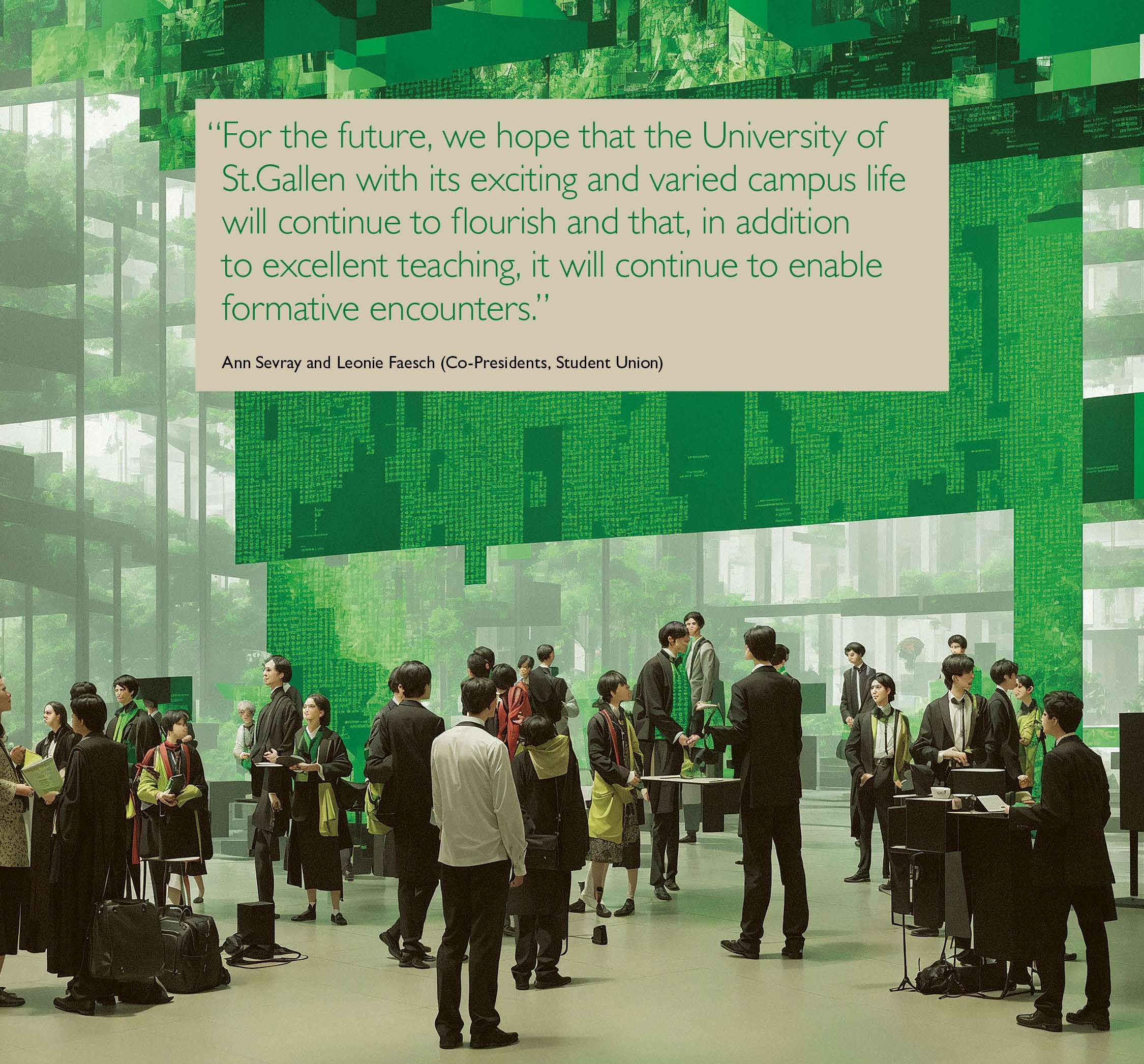
17:00-18:00 Audimax
Universities in the Anthropocene
Biodiversity loss, global warming and pollution: in the age of the Anthropocene, we are rapidly trespassing planetary boundaries. To tackle these complex problems a systems-thinking approach is needed. ow can universities respond; what are best practices in teaching and research in this sustainability transformation?
Speakers
- Prof. Dr. Maja Göpel
- Prof. Dr. Judith Walls
- Prof. Dr. Clare Shine
- Prof. Dr. Sascha Spoun
Moderation: Prof. Dr. Jamie Gloor PhD
18:00-18:30
Audimax
Closing Keynote: Ben Nelson
Followed by in interview with Prof. Dr. Claudia Franziska Brühwiler
Closing remarks: Prof. Dr. Bernhard Ehrenzeller and Prof. Dr. Oliver Gassmann
The session will close day 1 and serve as a bridge to the TEDx Conference the following day.
From 18:30 Apéro riche at SQUARE
Organisation
Contact
HSG Events Office
Guisanstrasse 1a
9010 St.Gallen
jubilaeum@unisg.ch
+41 71 224 23 34
